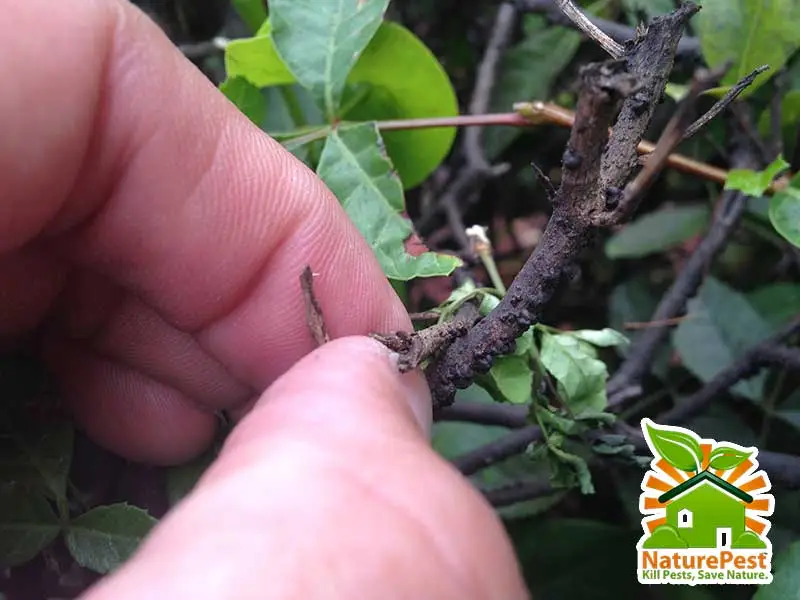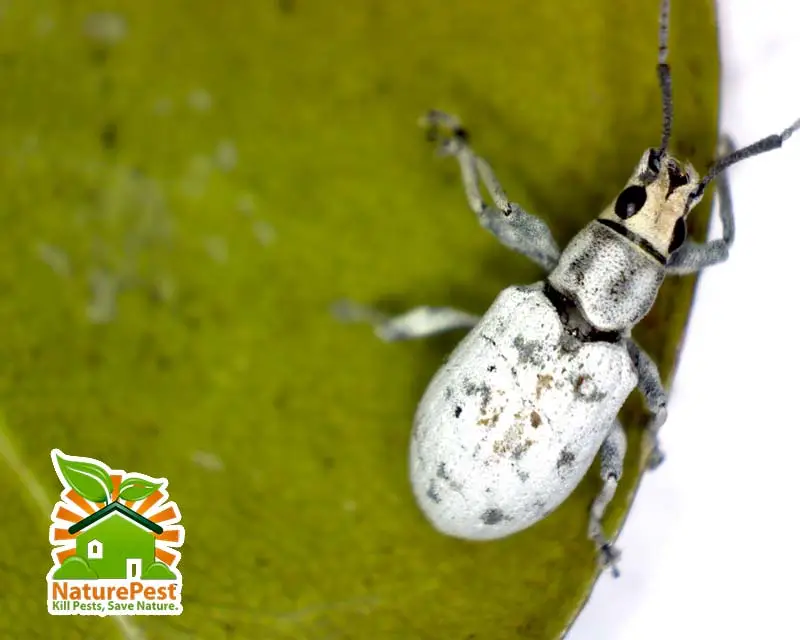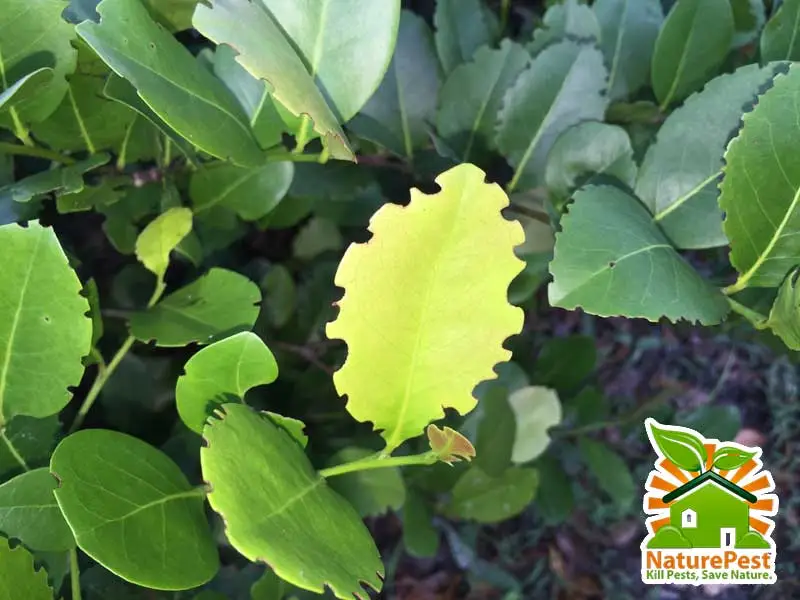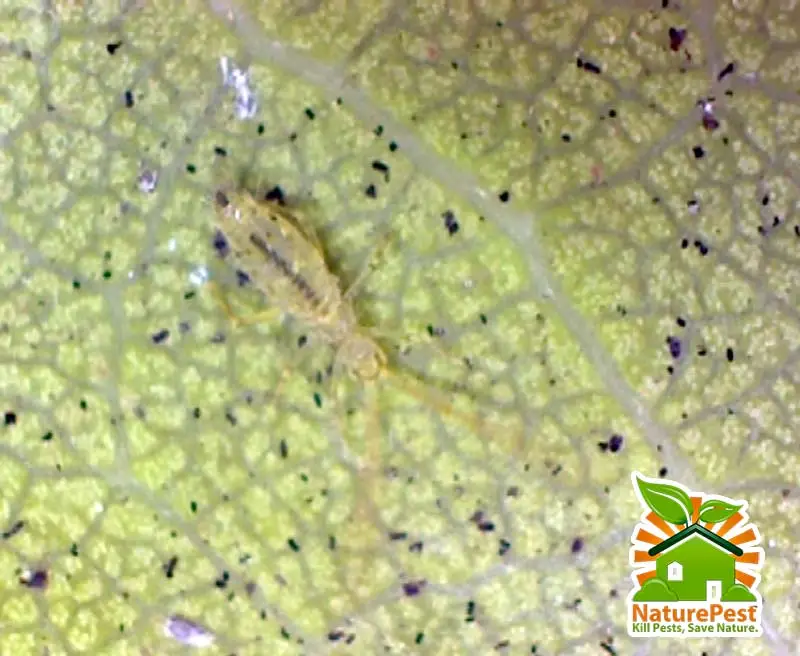How to control insect pests on plum plant

Cocoplum is a great hearty shrub for residential and commercial properties in Miami and South Florida, but it is not without its share of insect pests such as the sri lankan weevil, thrips, and lobate lac scale.
I this article I will provide you with the information you need to care and treat Cocoplum, I will also provide you with links to entomological literature as links to products you can buy to care Cocoplum yourself.
CoccoPlum suffers from several insect pest problems in South Florida.
Lobate Lac Scale (Paratachardina lobata lobata) an exotic scale insect that is native to India and Sri Lanka. It was found in Florida for the first time in August 1999.
Control with traditional spray programs will be mostly ineffective as they cannot break the life cycle of the pest during its molts, the secret is frequent 3 to 4 foliar sprays 5 to 7 days apart. The pesticides cannot penetrate the adults hard scale coating. You have to catch them in the crawler stage.
We have been able to control Lobate Lac Scale for our clients with a combination of a natural pesticide called Essentria and a Dish washing soap called Mild & Gentle from Publix Supermarkets mixing 5 ml of the Essentria and 15 ml of the dish soap per gallon of water sprayed on the leaves and stems once per week for 3 to 4 weeks and then inspecting every month and spraying if we find Lobate Lac Scale. You can also use ECOVia with the same soap dosage.
I don’t recommend using a synthetic pesticide because it does not perform any better than the natural the secret in the timed applications.
For in-depth entomological information on lobate lac scale visit https://edis.ifas.ufl.edu/in471
Sri Lanka weevil (Myllocerus undecimpustulatus undatus Marshall)
The Sri Lanka weevil spread from Sri Lanka into India then to Pakistan. The Sri Lankan weevil was first identified on Citrus in Pompano Beach Florida in Broward County Florida in 2000. The Sri Lankan weevil has a host range of over 150 plant species this includes native, ornamental, vegetable and fruit species.
Chemical pesticide spray control of the adults weevils can be difficult because of their ability to fly, hide, or feign death and drop to the ground.
Chemical pesticide sprays for control of the eggs, larvae, and pupae is even more difficult due to the fact that they are in the soil. Chemical pesticide sprays for control of the eggs, larvae, and pupae is even more difficult due to the fact that they are in the soil. This challenge is compounded by the need to preserve beneficial insects that help manage other pests, such as aphids on plants. As a result, integrated pest management strategies that combine biological controls and targeted interventions are often more effective and environmentally sustainable than relying solely on chemical sprays.
If the pest pressure or infestation and damage is persistent we recommend a systemic root drench with

For more info on Sri Lanka Weevil visit http://entnemdept.ufl.edu/creatures/orn/sri_lankan_weevil.htm
Thrips on Cocoplum
Thrips are small plant pests that puncture cells on the leaf surface by using their mouthparts and then to drinking or sucking out the juices of the plant.

Thrip can be controlled with frequent natural sprays similar to that of lobate scale, but if pest pressures are high or frequents after several attempts t control with natural products then i recommend using a systemic root drench with Dominion 2L
For more information on thrips click here https://firstdetector.org/pdf/chili_thrips_deck.pdf
If managing your lawn and ornamental pest is out of control our contact us or a free consultation.






